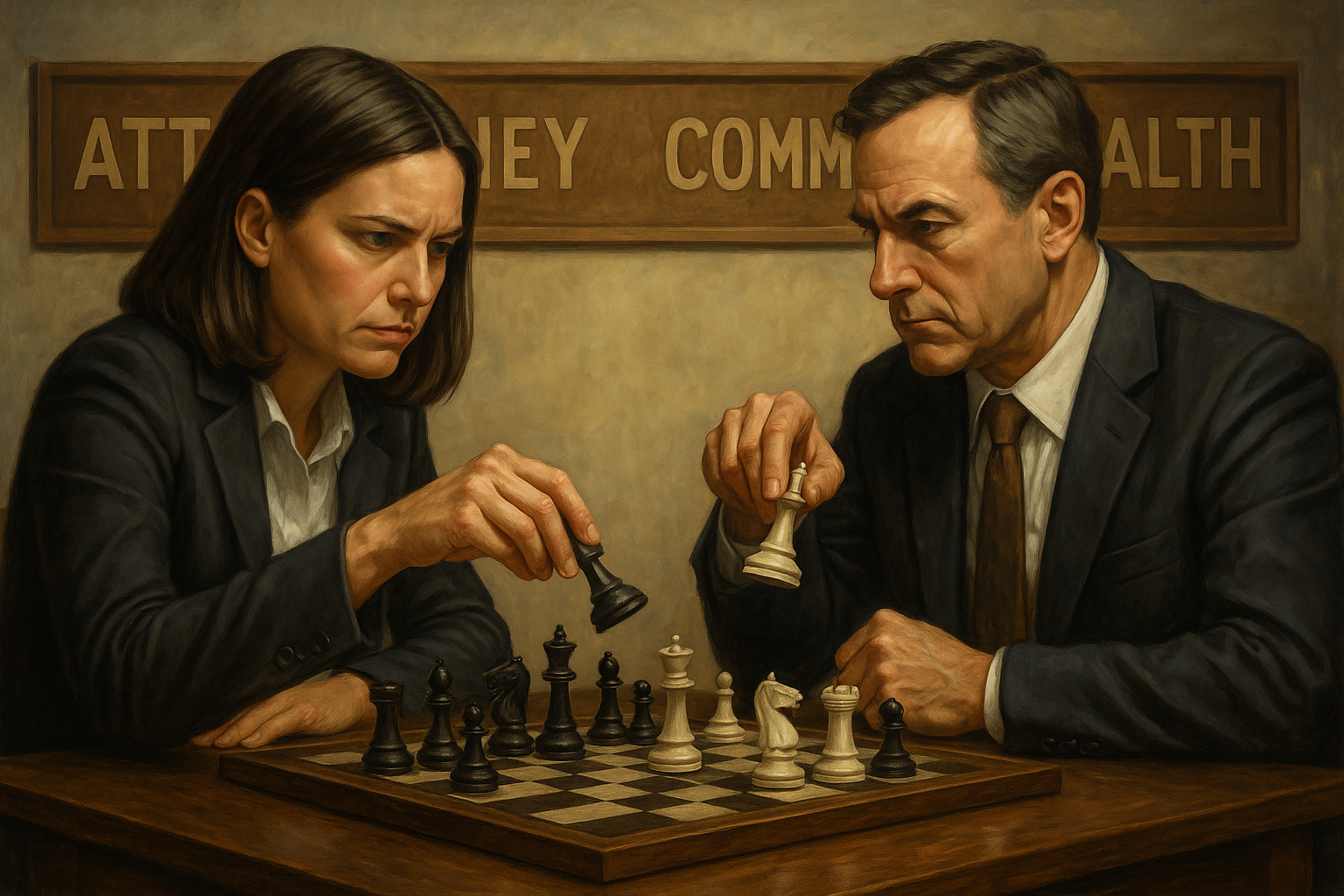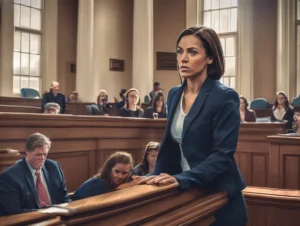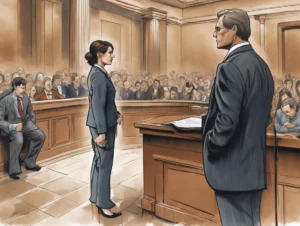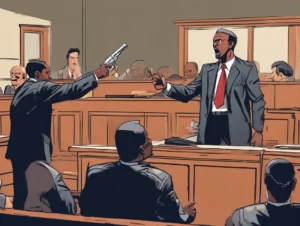Let me tell you a story—not one of fiction, but of real life, with all its bureaucratic tangles and moments of quiet victory. It’s about a client who found himself stuck in the gears of the legal system after being charged with Operating Under the Influence (OUI) of drugs. Now, on paper, these charges can look terrifying. The state comes at you with lab reports, deadlines, suspensions—and honestly, it can feel like you’re already guilty before you’ve even had a chance to defend yourself.
But here’s the thing: facts are facts, and laws are laws—but neither means much if they can’t stand up in court. That’s the lesson buried in this case. And trust me, it’s a good one.
It All Started with a Delay. A Long One.
Imagine this: you’re accused of a serious offense, but instead of swift action, it takes over six months—yes, six—for the criminal complaint to even be filed. Meanwhile, your license is suspended, and life doesn’t stop to wait for the court to get its act together. You still have to get to work, pick up your kids, buy groceries.
That was the reality for this client. By the time the arraignment finally came around, he was understandably desperate to put the whole thing behind him. But we had a talk. I told him—like I tell all my clients—we’d work with urgency, but not haste. Justice doesn’t always reward speed. Sometimes, it rewards patience, strategy, and knowing when to push back.
Digging In: Motions, Challenges, and a Few Legal Landmines
So we got to work. One of our first moves was filing a motion to dismiss the case altogether. Was it a long shot? Maybe. But here’s the beauty of that process: even if the court says “no,” you get to see how shaky the prosecution’s case really is. And oh, did it shake.
We uncovered inconsistencies, procedural missteps, and what I can only describe as a casual attitude toward deadlines from the Commonwealth. Later, they even tried to introduce new evidence—after discovery had closed. That’s not just unfair; it’s not allowed. We fought that in court. Not once, not twice—three times. And we won. Every time.
But They Had a Blood Test. Doesn’t That Seal the Deal?
You’d think so, right? Blood tests feel like smoking guns in OUI cases. But let’s pause and think about that. What does a blood test really prove? That someone used a drug—at some point. What it doesn’t prove is whether that drug affected their ability to drive at the time they were pulled over.
This distinction is huge. And thanks to a case called Commonwealth v. Shellenberger, the courts agree. That ruling made it crystal clear: unless the prosecution can bring in an expert to explain how those drugs impaired a person’s ability to drive, the blood test alone just doesn’t cut it. It’s like having a puzzle with a few pieces missing—it might look convincing, but it’s still incomplete.
So, with their evidence trimmed down and no expert to connect the dots, the Commonwealth had to face the music. They dropped the case. Just like that.
The Bigger Picture: It’s Not About What They Have. It’s About What They Can Prove.
Here’s where this story becomes something more than a case file. Because the real takeaway isn’t just “yay, we won.” It’s this: in the justice system, the burden is (and always should be) on the prosecution. They can’t just wave around test results or arrest reports and call it a day. They have to prove their case—and they have to do it by the rules.
And honestly? That’s how it should be. Because when the system forgets to follow its own rules, it stops being justice. It starts being punishment without process. That’s not just scary—it’s dangerous.
For the Underdogs. Always.
If there’s one thing I’ve learned in this work, it’s that the people who come to me aren’t bad people. They’re scared. They’re overwhelmed. They’re trying to navigate a system that often feels stacked against them.
And that’s why I do this.
Because in every one of these cases, there’s a story behind the charge. A life that’s been interrupted. A person who needs someone to stand beside them and say, “Let’s fight this the right way.”
So, if you or someone you care about is facing an OUI charge—especially one involving drugs—don’t rush into a plea or assume the worst. The law has layers. Evidence has limits. And sometimes, even when things look bad, there’s a path forward.
Call me. Let’s talk. Because justice doesn’t just belong to the powerful. It belongs to all of us.




